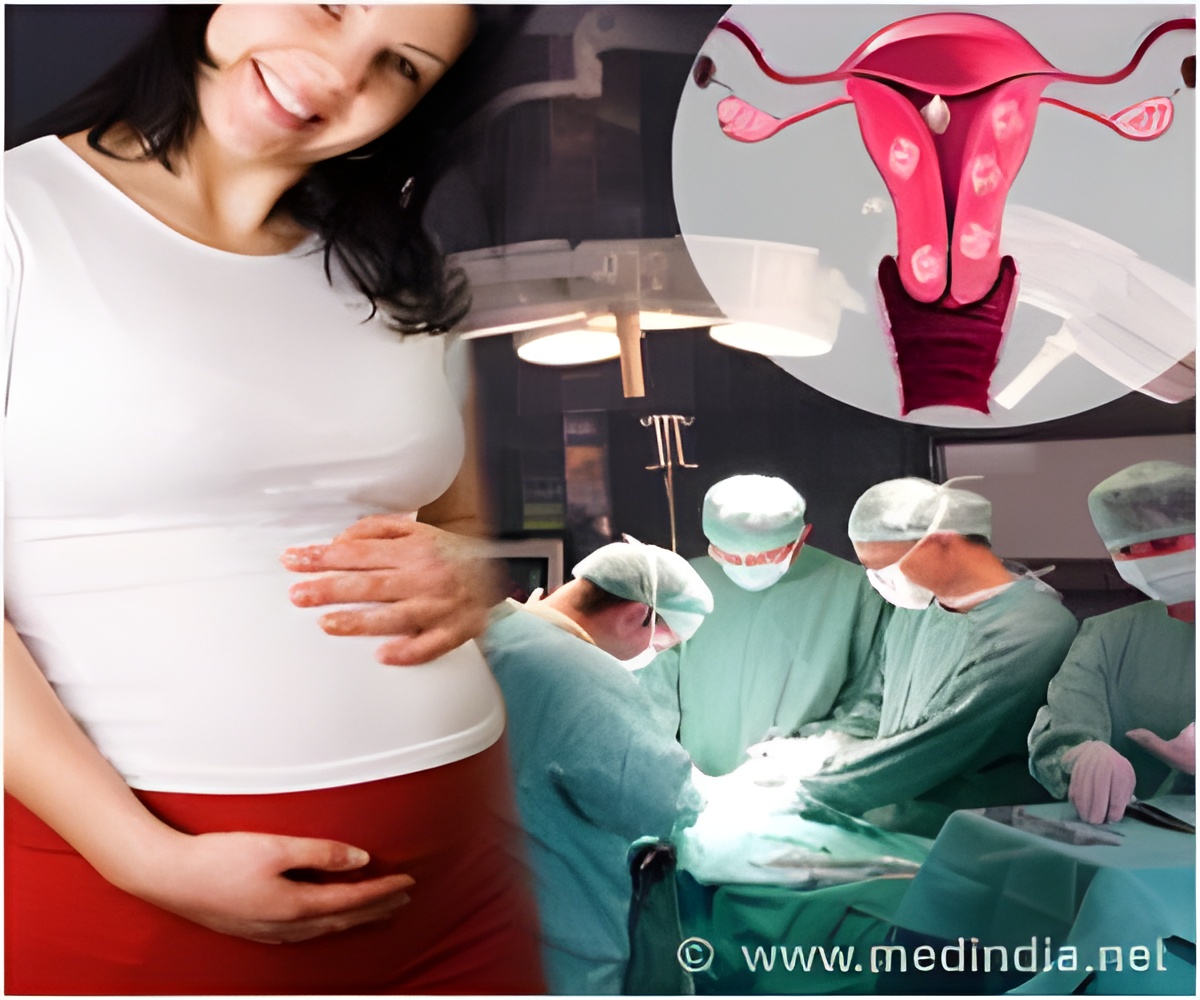A new two-drug combination could help ease the pain that usually occurs after a miscarriage. The pain being referred here is caused by the need for surgical intervention or medical intervention to complete the painful miscarriage process.

‘According to the study, current drug regimen containing misoprostol doesn’t work properly and adds more pain to the procedure after the actual miscarriage. But if this drug is combined with mifepristone, miscarriage completion can be done reliably without the need of a surgical method.’





Each year in the United States alone approximately 1 million women have miscarriages. When the body does not expel the pregnancy tissue on its own - the final part of a miscarriage - women need to undergo a surgical procedure or take the drug misoprostol. Though often preferable for its convenience and privacy - patients can take it in the comfort of their own homes - misoprostol does not always work, and many women who use misoprostol are still left with no option but to undergo an invasive procedure they wished to avoid, prolonging an already physically and emotionally difficult situation. "Though rarely discussed openly, miscarriage is the most common complication of pregnancy, and the public health burden is both physical and psychological. For too many women, misoprostol alone leads to frustration. I have seen my patients suffer from the insult of the treatment failure added to the injury of the initial loss," said study lead author Courtney A. Schreiber, MD, MPH, chief of the division of Family Planning and an associate professor of Obstetrics and Gynecology at the Perelman School of Medicine at the University of Pennsylvania. "As physicians, we have to do better for these patients, and our new study shows that by combining mifepristone with misoprostol, we can."
Mifepristone is used along with misoprostol to induce abortion in early pregnancy. But the effectiveness of mifepristone-misoprostol for miscarriage patients, in comparison to the commonly used misoprostol alone, has been unclear.
In the new study, 300 women who had been diagnosed with early pregnancy loss - described as a miscarriage in the first trimester - were assigned to receive the standard 800 micrograms of misoprostol placed vaginally. Half were also randomly assigned to receive pretreatment with a 200 mg pill of mifepristone, which primes the uterus to respond to misoprostol's contraction-inducing effect.
The researchers found that overall, 91.2 percent of women receiving the mifepristone pretreatment plus misoprostol experienced gestational sac expulsion -- the definition of a completed miscarriage -- 83.8 percent by their first follow-up visit, which occurred two days after the treatment on average. Misoprostol alone was only effective 75.8 percent of the time, with 67.1 percent completing by their first follow up visit.
Advertisement
Mifepristone is a highly regulated medication. At present, the U.S. Food and Drug Administration requires that the drug is dispensed only in registered hospitals, clinics, and doctor's offices, but not in retail pharmacies. Schreiber says that physicians who wish to treat women with miscarriages - including but not limited to physicians in obstetrics, internal medicine, emergency medicine, and family medicine - should consider registration.
Advertisement
Source-Eurekalert














